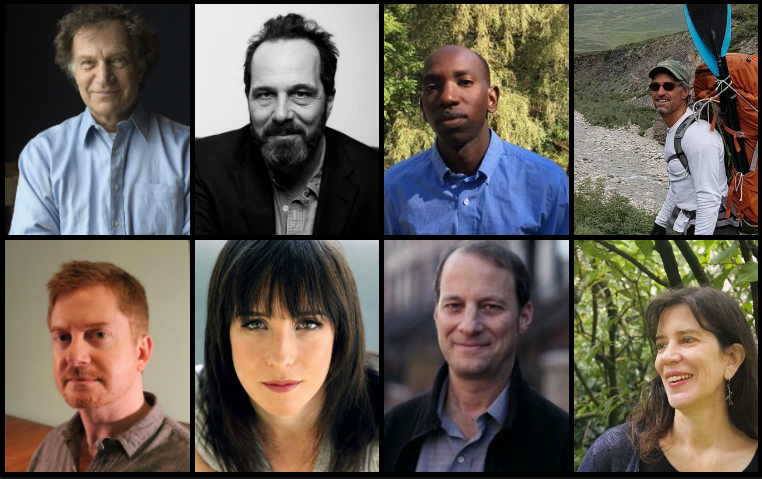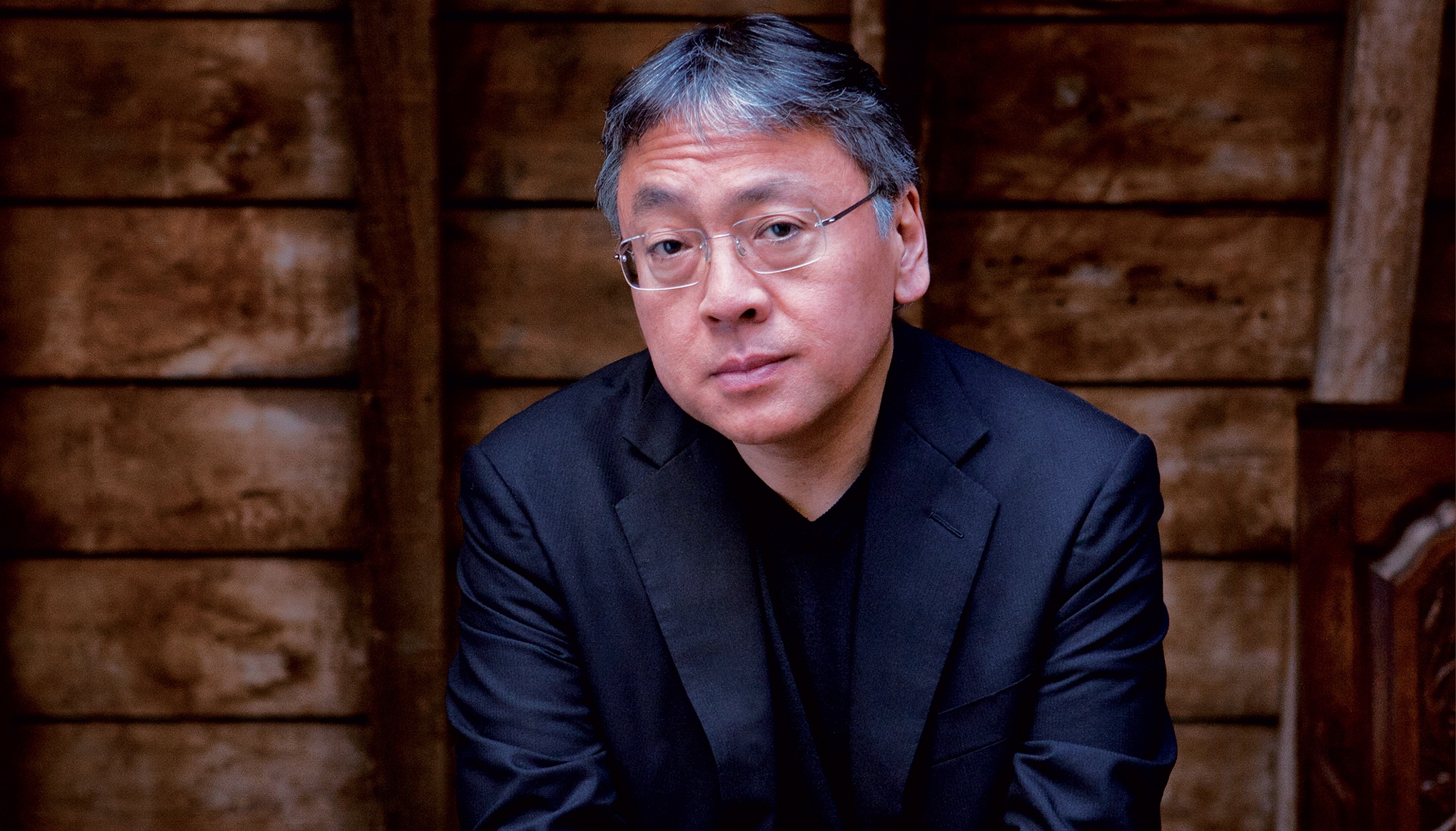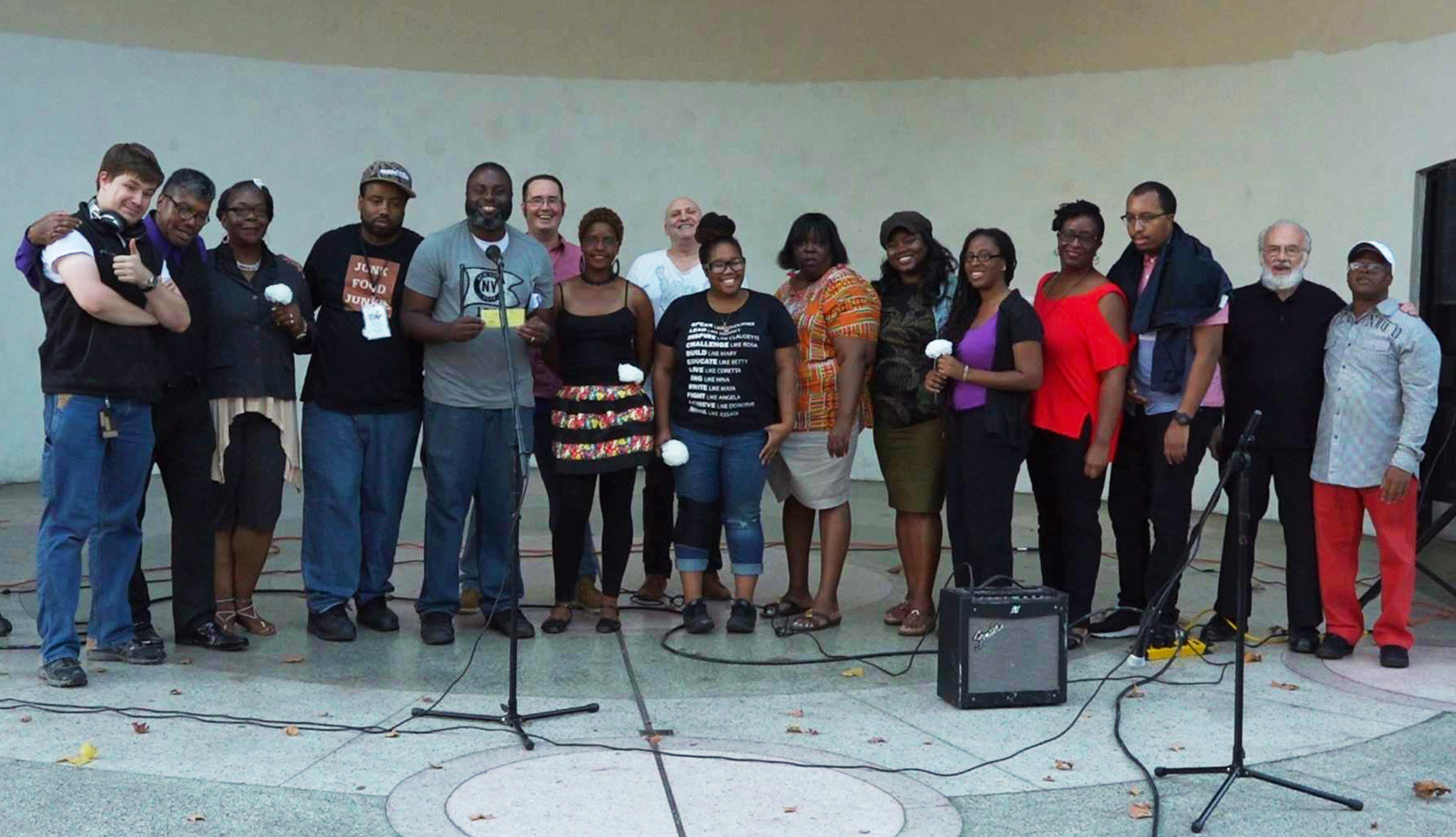Whiting Foundation Announces Creative Nonfiction Grant Recipients
The Whiting Foundation has announced the recipients of the 2017 Whiting Creative Nonfiction Grants, given annually to up to eight writers in the process of completing a book of creative nonfiction. The writers will each receive $40,000.
The grantees are:
Michael Brenson for David Smith and the Transformation of American Sculpture, forthcoming from Farrar, Straus & Giroux
Philip Gourevitch for You Hide That You Hate Me and I Hide That I Know, forthcoming from Penguin Press
Pacifique Irankunda for The Time of Stories, forthcoming from Random House
Seth Kantner for A Thousand Trails Home, forthcoming from Mountaineers Books
Jay Kirk for Avoid the Day, forthcoming from Harper Perennial
Meghan O’Rourke for What’s Wrong With Me? The Mysteries of Chronic Illness, forthcoming from Riverhead Books
George Packer for Richard Holbrooke and the End of the American Century, forthcoming from Knopf
Julie Phillips for The Baby on the Fire Escape, forthcoming from Norton
The winners were selected from a list of fifteen finalists by an anonymous judging panel. Now in its second year, the Whiting Creative Nonfiction Grant “fosters original, ambitious projects that bring writing to the highest possible standard.” The applicants must have a publishing contract and be at least two years into their project. The next round of applications will open in Spring 2018.
For more than forty years, the Whiting Foundation has supported literature and the humanities through its various programs, including its annual awards for emerging writers and the new Whiting Literary Magazines Prizes, which honor literary journals. Visit the website for more information.
(Photos: Top row, from left: Michael Brenson, Philip Gourevitch, Pacifique Irankunda, Seth Kantner; Bottom row, from left: Jay Kirk, Meghan O'Rourke, George Packer, Julie Phillips)







